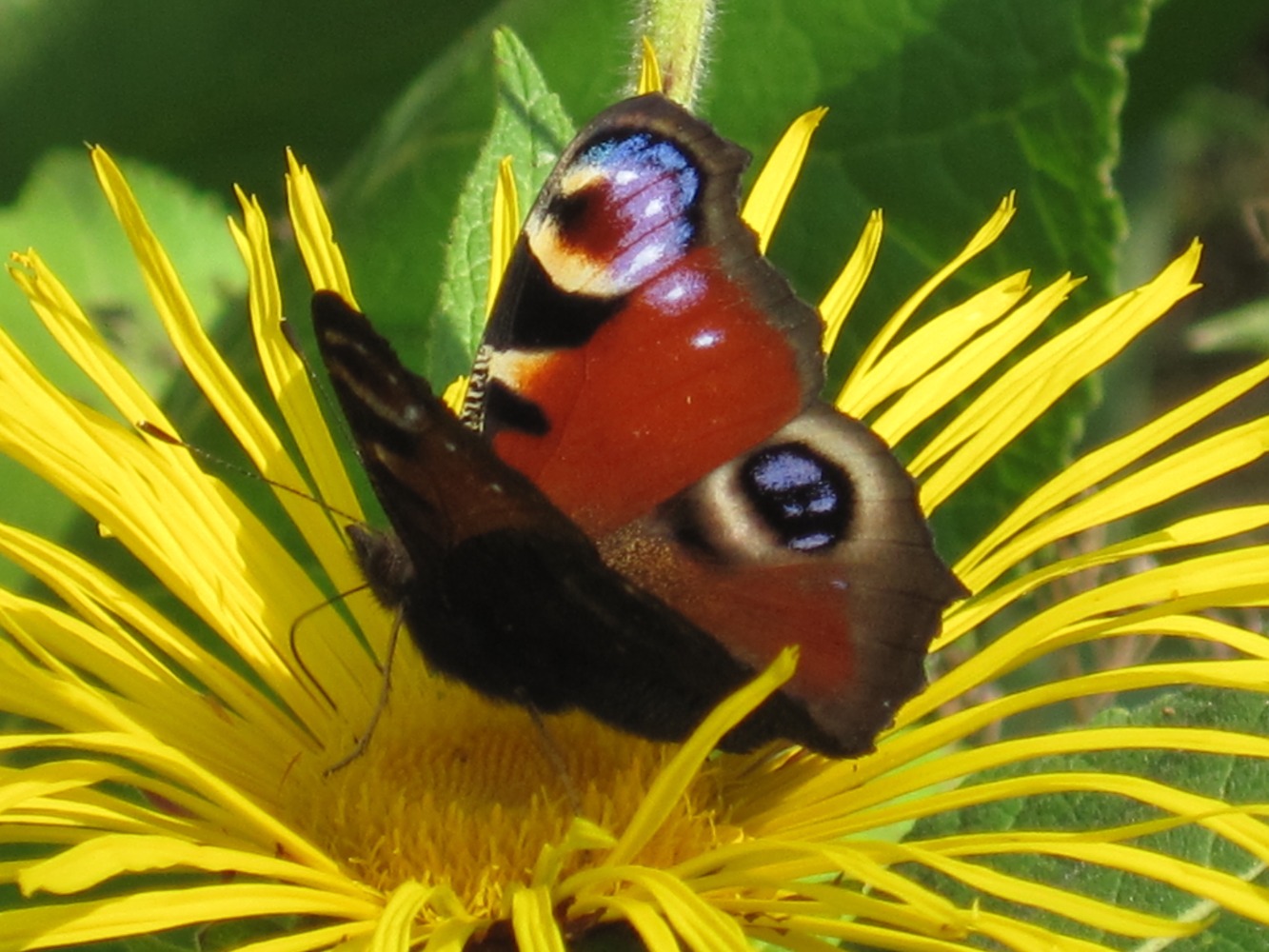Gardening for Biodiversity
It is now well known and understood that biodiversity in facing a catastrophic decline all over the world, and that the UK is one of the most ecologically degraded countries in Europe. As gardeners we are closer to the natural world than many- and yet so many of us feel powerless to effect change.
Between 2017 and 2019 Great Dixter undertook an audit to assess the biodiversity throughout our site including the garden, buildings and outbuildings, compost heaps, wood piles, meadows and woodlands. The results revealed that we are custodians to an unusually rich place, which through a mosaic of habitats, and a long flowering garden supports a large diversity of species.
This 4-part course led by Dixter gardener Michael Wachter will bring in some of the ecologists who carried out the surveys on the garden and wider estate, as well as others who are pushing the boundaries of gardening to reveal why Dixter is so rich, and what you can do to improve the species richness and abundance in your garden.
The course takes place at Great Dixter* from 10am -4pm. Lunch and refreshments are provided *except on day 3 when we ask you to bring a packed lunch as the course takes place off site at Hilldrop in Essex.
Part 1- Habitats and soil biology – 25th
March 2025
This session will look at the habitats on site and the traditional ways in which we work: from woodland management, green woodwork, habitat structures, soil and compost, and our ethos of reuse and recycling.
Invertebrate ecologist Andy Phillips will give an overview of biodiversity assessments and use of the UK Habitat Classification System using Great Dixter as an example. We will be examining the value of physical and structural habitat resources such as ponds, walls, log piles and compost heaps and how they can be used to provide biodiversity rich habitat.
Part 2 – Flora and food- 27th May 2025
View the garden and beyond through the eyes of plant ecologist Kate Ryland who will use Dixter to study succession in the natural setting. The day will explain why meadows need cutting (or grazing) and will focus on botany and plant ID. Kate will help the group to explore the importance of edge habitats and where and how gardens fit into this.
Part 3- It’s not all about plants – 9th
June 2025
A day at Hilldrop in Essex with Benny Hawksbee and John Little learning about landscape and habitat creation, focussing on topography, waste substrates, dead material and structure without losing the joy of the garden.
They have been trialling using materials from the urban environment, which are proving to be just as good if not better for wildlife. This day aims to help you understand that human disturbance is not only useful but often essential in driving biodiversity.
Part 4- Survey 28th July 2025
Invertebrate ecologist Andy Phillips will guide you through all the survey techniques that were used to carry out the Great Dixter Biodiversity Audit and the online resources such as iRecord and iNaturalist that can be used to help you identify species and record biodiversity.
You will also learn how such data can be used to analyse pollinator communities and pollinator resources.
The course costs £600. It is possible to spilt payments if needed – please email [email protected] for more info.
